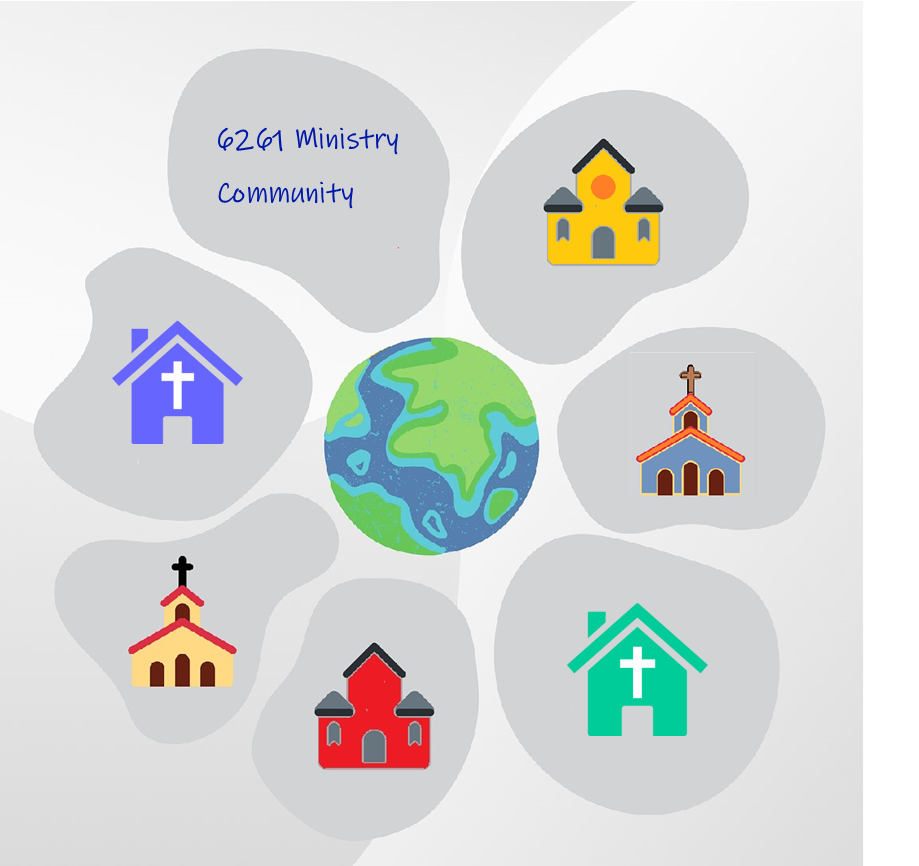





GAINING STRENGTH COHORTS
Deacons and pastors serving and interested in serving a 6261 Ministry Community will participate in a Gaining Strength Cohort, facilitated by Rev. Doug Hill.
The cohort has 2 in-person retreats per year along with 2 Zoom meetings per year.
Cohort members will learn from one another and build lasting relationships as they embark on this journey.
Rev. Doug Hill is a leader in the anchor church model and deeply understands the importance of culture for any organization - especially the church community - and will share how to make such transformation happen.
The cohort receives resources for guiding the 6261 Ministry Community in articulating its core values, mission, and ministry focus. Each 6261 Ministry Community also recieves a coach to help them build as a team and overcome obstacles along the way.

